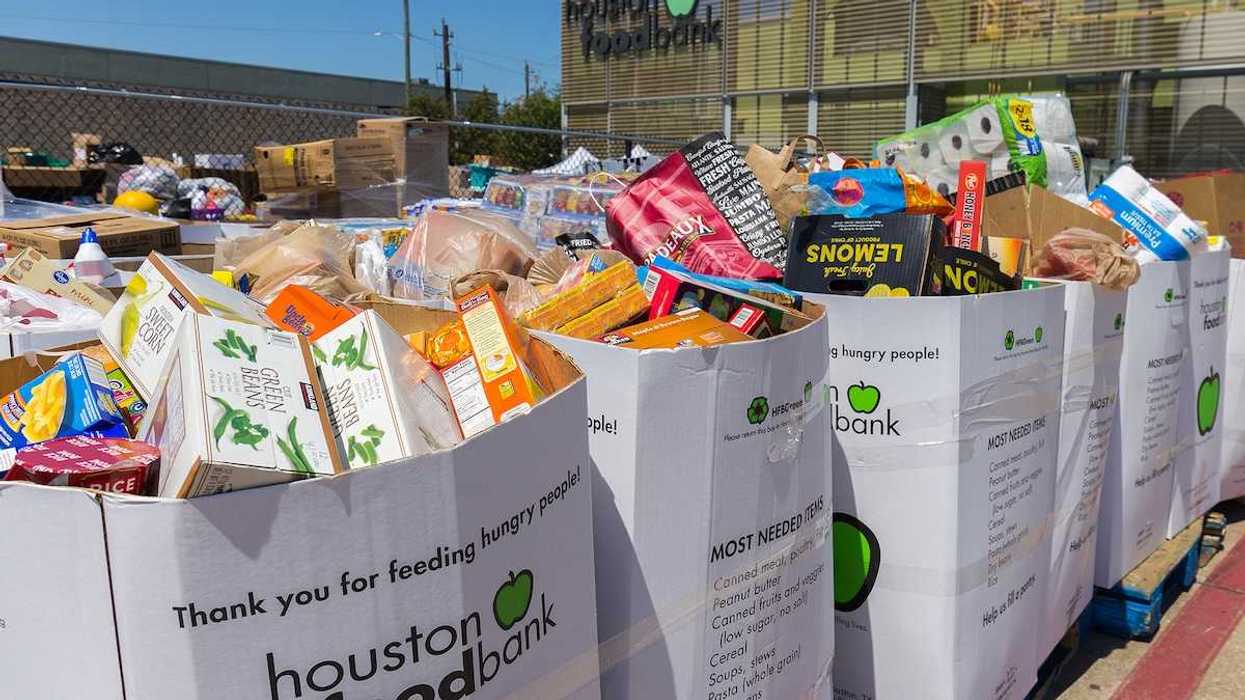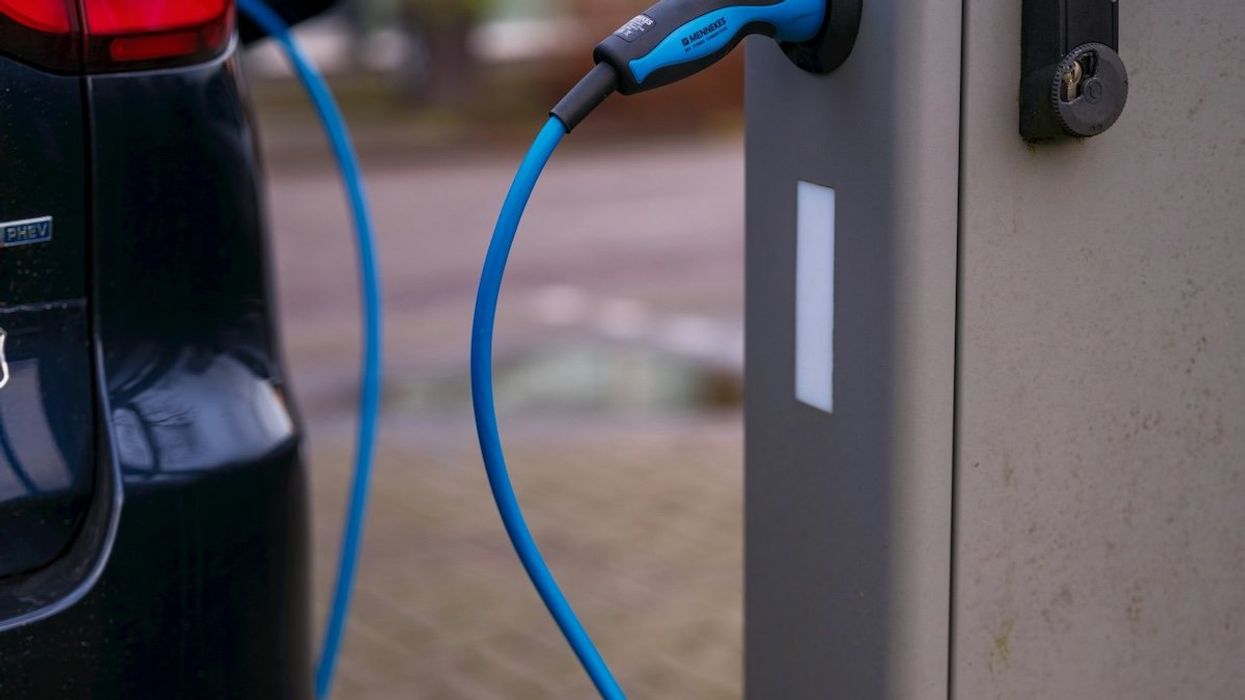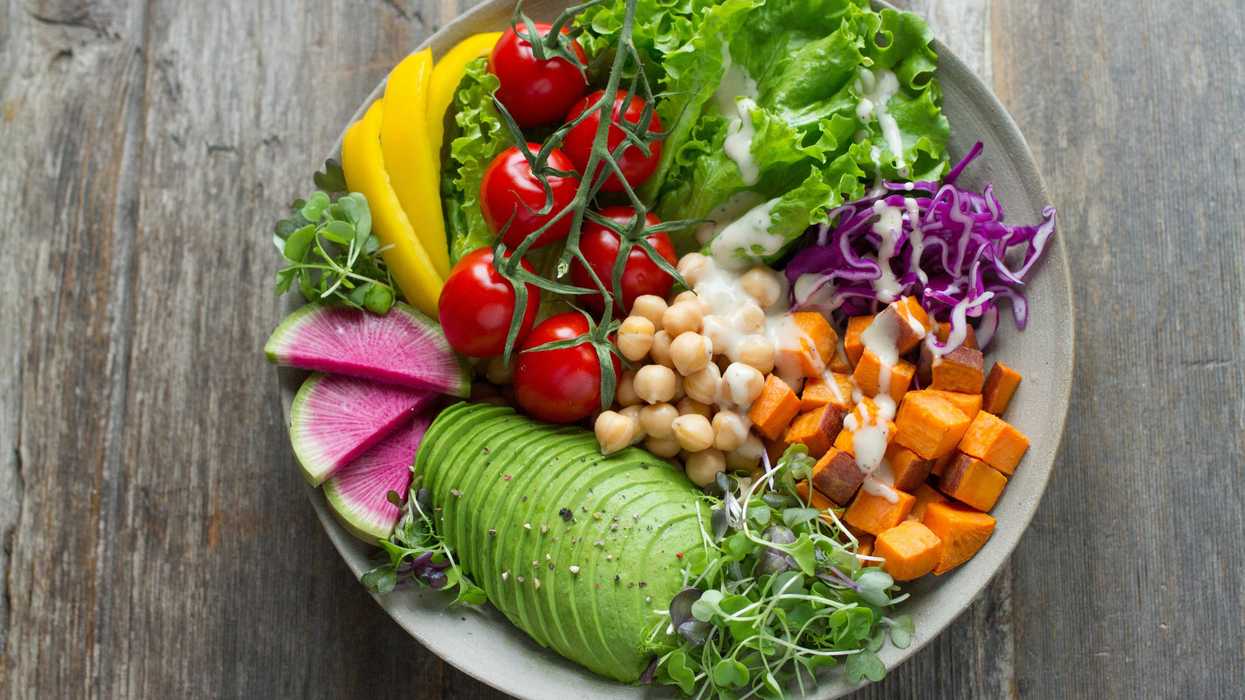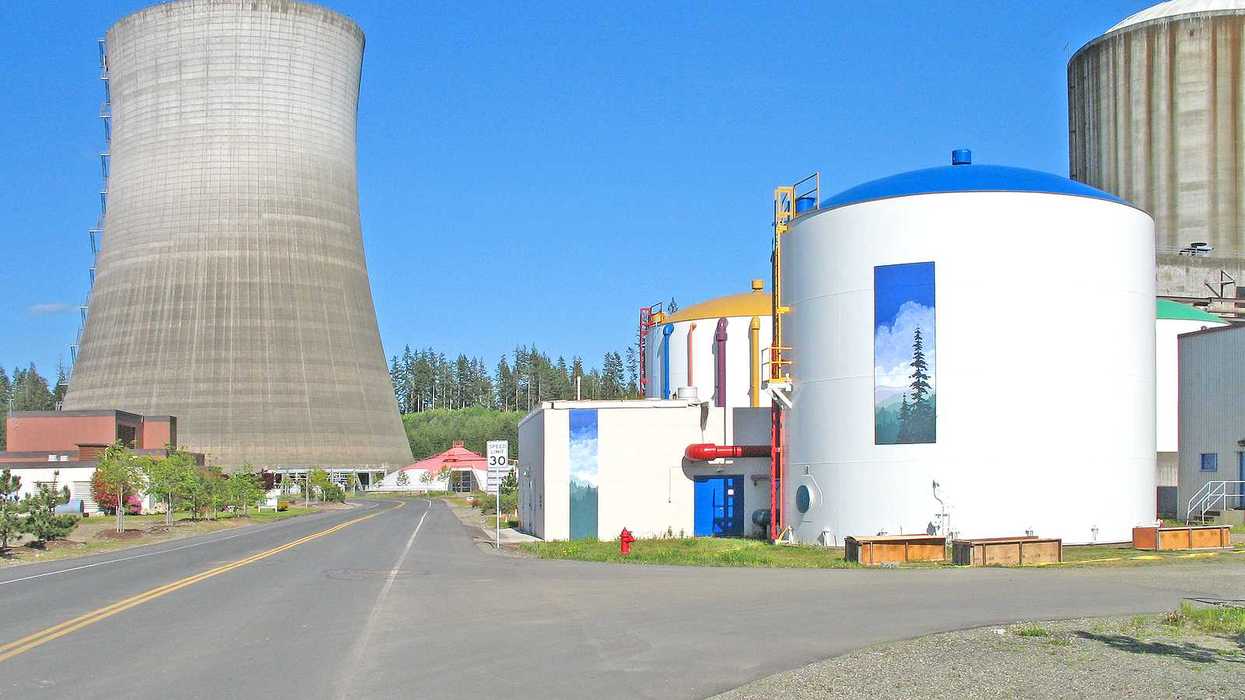Agrichemical companies make it difficult for farmers to avoid neonicotinoid-coated seeds, even when evidence shows these chemicals may not be necessary and carry environmental risks.
Lisa Held reports for Civil Eats.
In short:
- Farmers often unknowingly receive seeds treated with neonicotinoids due to limited alternatives and industry practices.
- Studies indicate neonic coatings harm pollinators, birds, and mammals without significantly boosting crop yields.
- Some farmers face pressure not to question pesticide use, leading to a lack of informed choice in seed treatments.
Key quote:
“They scare the farmers and say that you’re going to lose your yield, that you’re going to have crop failure, and the whole grain sector will just collapse.”
— Louis Robert, Canadian agronomist
Why this matters:
Neonicotinoids’ wide usage on U.S. corn and soy crops raises concerns about unintended impacts on pollinators, ecosystems, and water quality. Unlike Europe and Canada, where restrictions have been implemented, the U.S. lacks comprehensive policies to limit unnecessary use of these chemicals.
Relevant EHN coverage:














